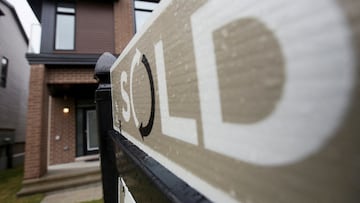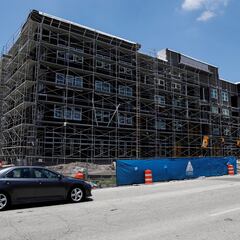What is a reverse mortgage? Pros and Cons
Reverse mortgages allow seniors to receive equity for their property at the expense of the equity on their property. It carries long-term risks.


A reverse mortgage allows homeowners aged 62 and older allowing them to access a portion of their home equity while continuing to live in their home. Unlike a traditional mortgage where the borrower makes monthly payments to the lender, a reverse mortgage works in the opposite way—the lender makes payments to the borrower.
There are different types of reverse mortgages, including Home Equity Conversion Mortgages (HECMs), which are insured by the Federal Housing Administration (FHA), and proprietary reverse mortgages offered by private lenders.
What makes reverse mortgages enticing?
A reverse mortgage can provide seniors with a source of income which would be off use during a period of retirement. Borrowers are not required to make monthly mortgage payments and instead the loan is repaid when the homeowner sells the home, moves out permanently, or passes away. Until one of these events occurs, the borrower can live in the home without repayment obligations.
Some reverse mortgages are backed by the Federal Housing Administration (FHA), providing added consumer protections.
The dangers of a reverse mortgage
Reverse mortgages are not inherently dangerous, but they do come with certain risks that borrowers need to be aware of before deciding to take one.
Since borrowers are not making monthly payments, the interest on the loan accumulates over time which could lead to a substantial debt that needs to be repaid when the loan becomes due, usually at the sale of the property . As the reverse mortgage balance grows, the remaining home equity diminishes. There can also be upfront costs, including origination fees, closing costs, and mortgage insurance premiums.
Related stories
The funds received from a reverse mortgage can affect eligibility for certain needs-based government programs, such as Medicaid.
If the borrower fails to meet loan requirements, such as paying property taxes and homeowner’s insurance, the lender may foreclose on the property.

